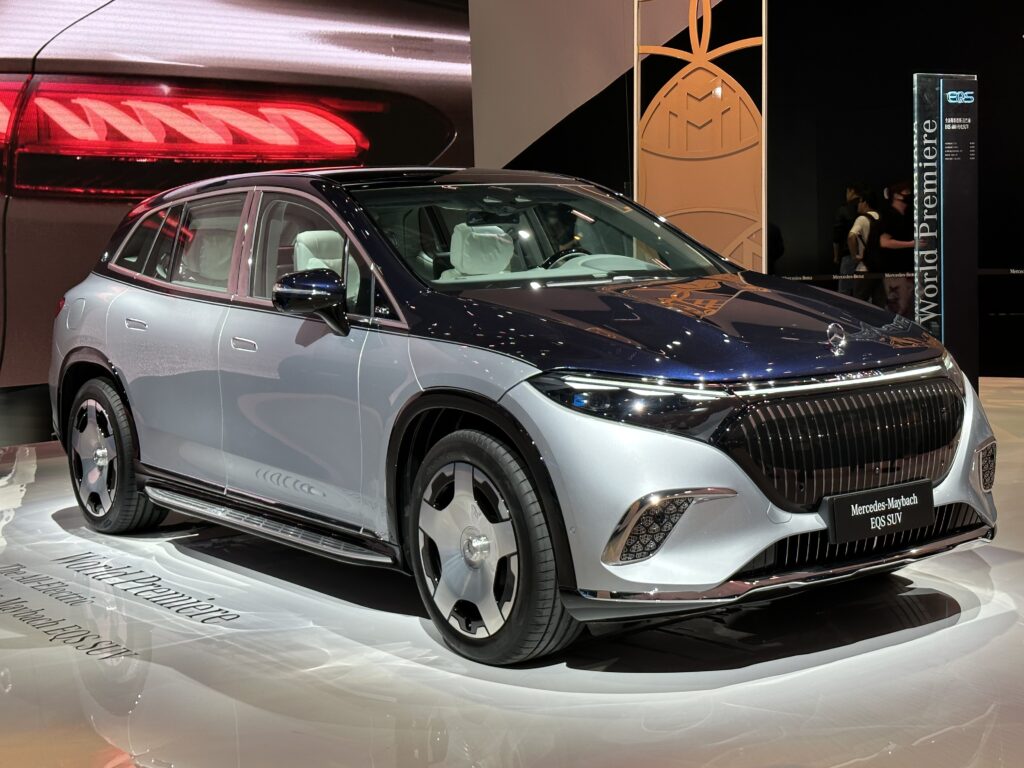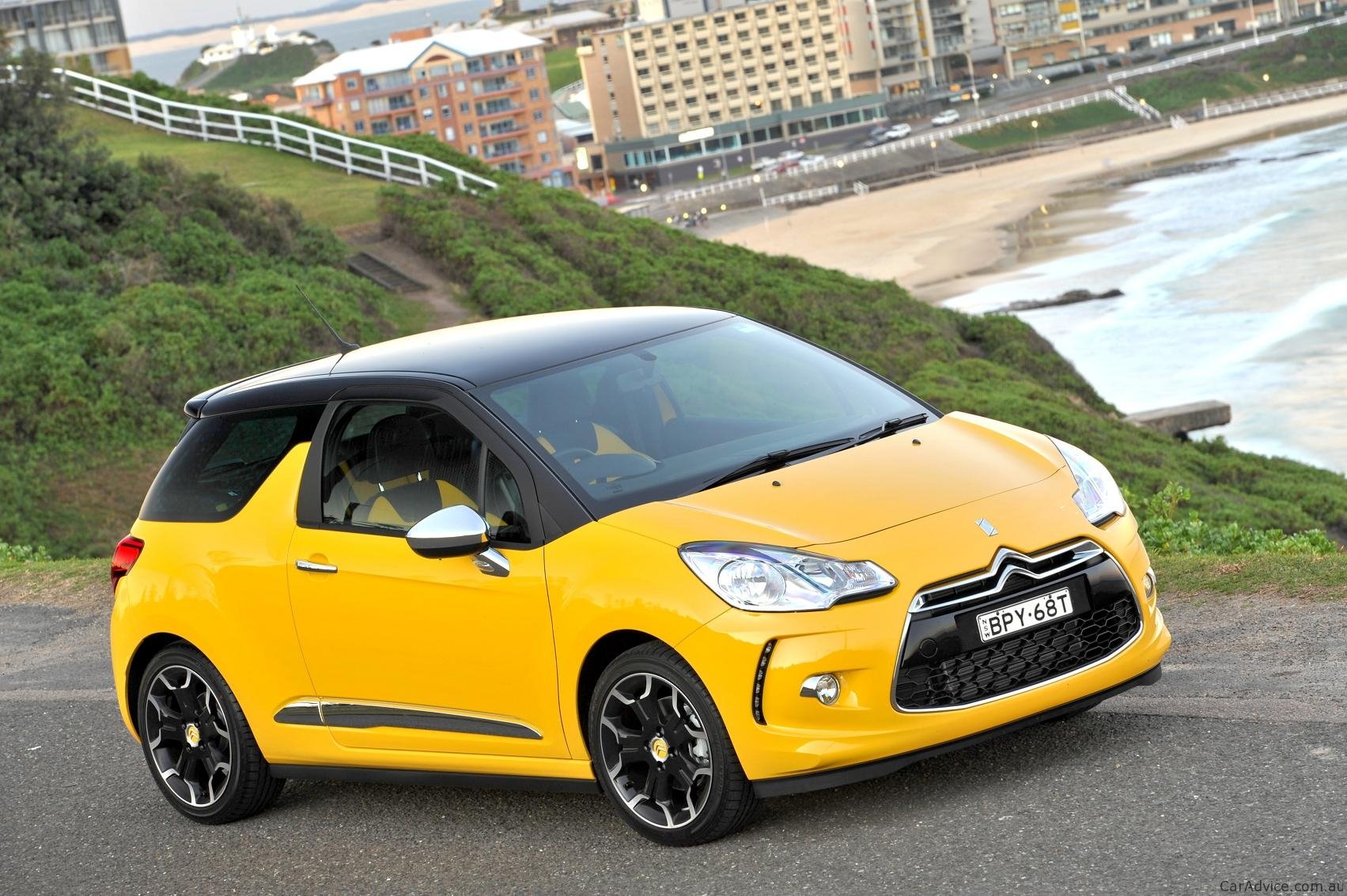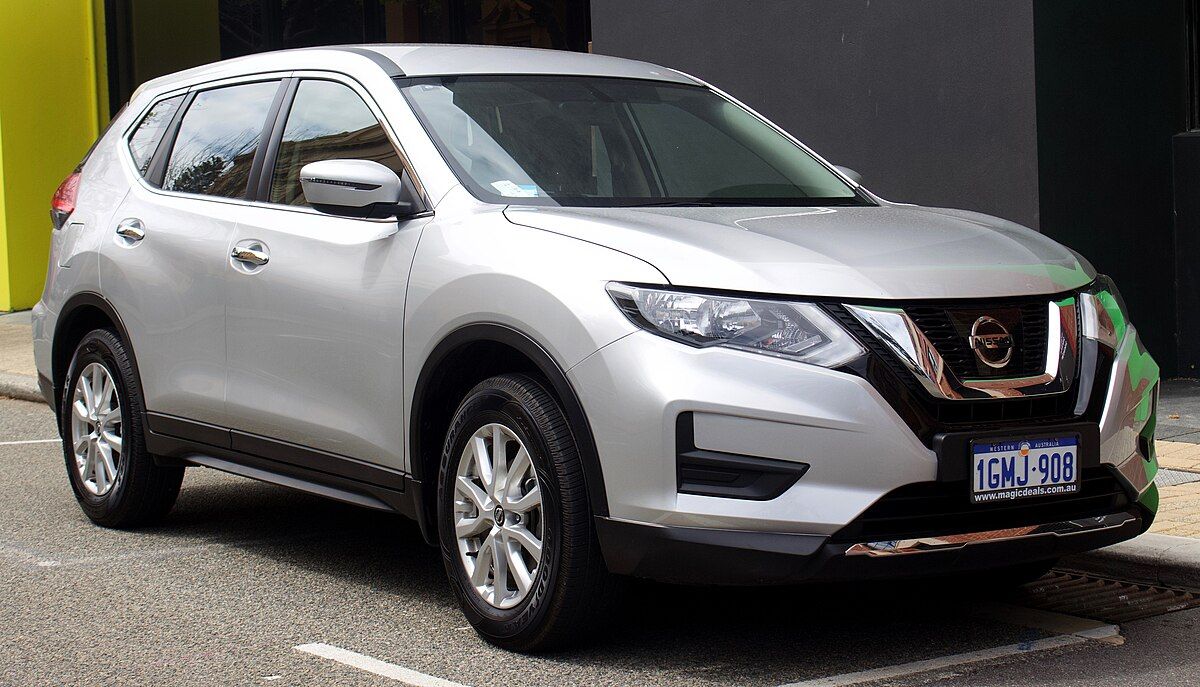
Over the past decade, compact SUVs have not just transformed the automotive landscape; they have emphatically claimed its throne. Overtaking traditional sedans and even their larger SUV counterparts in popularity, these vehicles represent a seismic shift in what American drivers truly value. Their ascendancy is far from accidental, but rather a calculated response to a clear and evolving set of consumer demands for practicality, efficiency, and accessibility.
Today’s buyers seek a vehicle that artfully balances the spaciousness typically associated with a larger car without succumbing to the bulk of a full-size SUV. Compact SUVs deliver precisely this equilibrium, merging the best attributes into a compelling package. They offer a refined blend of enhanced fuel economy, cutting-edge modern technology, and safety features that were once the exclusive domain of luxury models, making them an undeniable force in the contemporary automotive market.
As automakers continue to strategically expand and innovate within their compact SUV lineups, it becomes increasingly clear that their market dominance is more than a fleeting trend. It is a fundamental reflection of contemporary buyer preferences, signaling a robust and enduring presence in the industry. We will now explore the multifaceted reasons behind this unwavering consumer allegiance, dissecting the core elements that have solidified the compact SUV’s leading position.
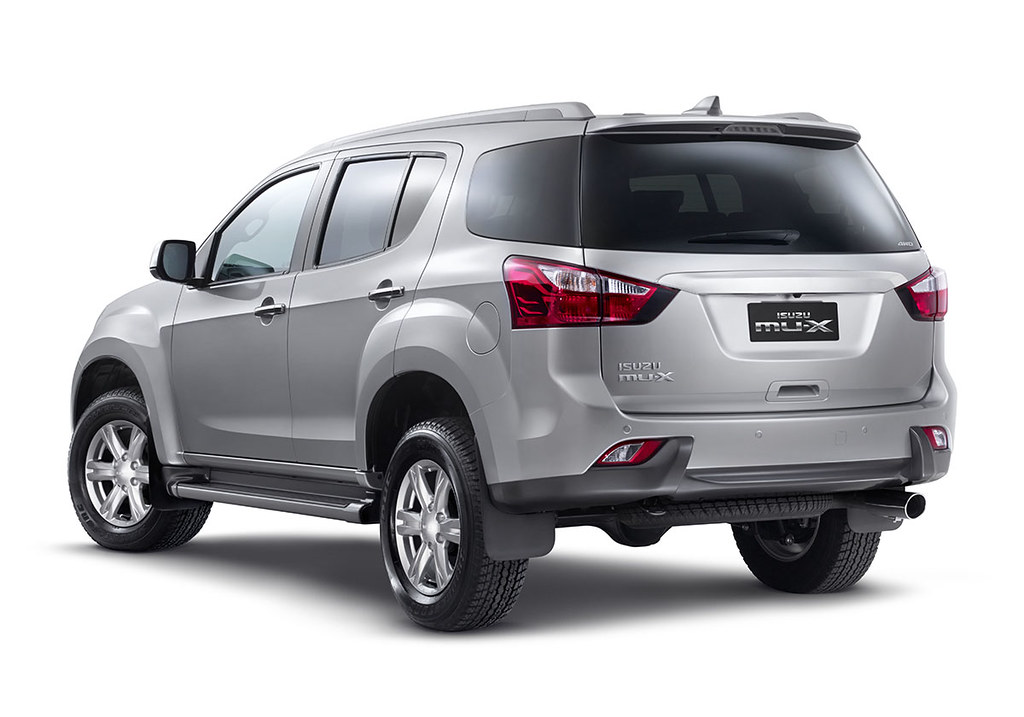
1. **The Rise of Versatility and Practicality**Compact SUVs stand out in the competitive automotive market by offering a unique and highly desirable combination of convenience and capability. These vehicles skillfully merge the agile handling characteristic of a smaller car with the expansive spaciousness and substantial storage capacity typically found in a larger vehicle. This dual appeal makes them an exceptionally adaptable choice for a diverse range of drivers and their varied needs.
Many compact SUV models are engineered with highly flexible interiors, notably featuring foldable rear seats. This design innovation allows drivers to significantly maximize cargo space on demand, providing unparalleled utility without requiring any compromise on passenger comfort when the extra room isn’t needed. Whether the task at hand involves routine daily commuting, embarking on extended family road trips, or the challenge of transporting bulky items, compact SUVs demonstrate an impressive ability to seamlessly adapt to virtually any lifestyle or requirement.
Beyond their internal adaptability, compact models boast superior maneuverability compared to their larger SUV brethren, making them particularly well-suited for navigation in tight urban spaces and congested city environments. The elevated seating position inherent to these vehicles provides drivers with a distinctly clearer and more commanding view of the road ahead. This enhanced visibility not only contributes to a greater sense of awareness but significantly boosts driver confidence. Furthermore, a substantial number of compact SUVs are equipped with all-wheel drive, ensuring reliable performance and enhanced traction across a spectrum of weather conditions. This comprehensive blend of user-friendliness, comfort, and versatile adaptability solidifies their status as an ideal choice for city dwellers seeking ease of use and for adventurers looking to explore beyond the conventional paved roads.
Read more about: These 15 Rides Went From Head-Turners to Cringe-Worthy—Do You Remember Them?
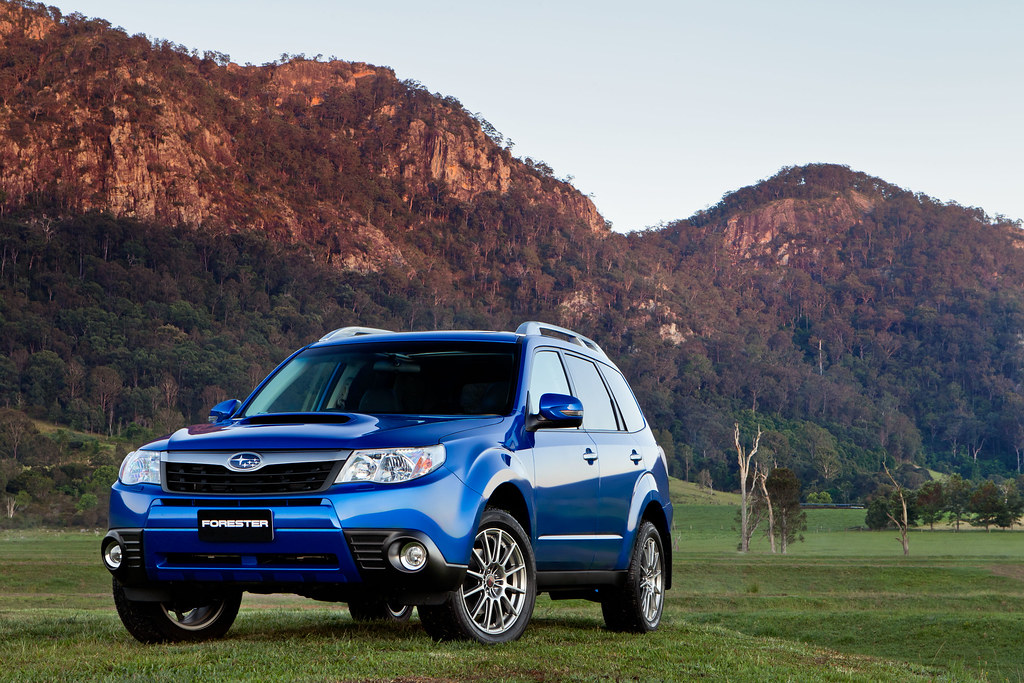
2. **Affordability Without Compromise**One of the most potent drivers behind the meteoric surge in compact SUV popularity is their compelling affordability, particularly when juxtaposed against the higher price points of full-size SUVs and traditional trucks. A significant portion of these models are strategically priced within the accessible $20,000 to $30,000 range. This pricing strategy effectively broadens their appeal, making them attainable for a remarkably wide spectrum of buyers across various income brackets.
Crucially, this lower initial cost does not translate into a compromise on features or quality. Manufacturers have been exceptionally adept at integrating premium amenities into these vehicles, ensuring buyers receive substantial value. Standard or optional inclusions often encompass state-of-the-art touchscreen displays, sophisticated advanced driver-assist systems, and meticulously designed modern interiors. This means that today’s consumers are no longer compelled to choose between an affordable price tag and the desire for high-end technology; compact SUVs proficiently deliver both, presenting a highly competitive and attractive proposition.
Furthermore, the financial advantages of compact SUVs extend well beyond the initial purchase price, translating into notable long-term savings. Owners frequently benefit from lower insurance rates and reduced maintenance expenses, contributing to a more economical ownership experience over the vehicle’s lifespan. The more compact engines typically found in these models are inherently more fuel-efficient, which directly results in drivers spending less on gasoline over time. This robust financial prudence, combined with the proven reliability of numerous compact SUV models, significantly minimizes the likelihood of unforeseen repair costs. This robust financial balance positions compact SUVs as a pragmatic and intelligent investment for individuals and families seeking a durable, comprehensively equipped vehicle that does not necessitate breaking the bank.
Read more about: Is a New TV Truly Worth It? Unpacking the Game-Changing Technologies Redefining Your Living Room

3. **Improved Fuel Efficiency and Environmental Benefits**In the automotive world, fuel efficiency has consistently remained a paramount consideration for vehicle selection. Compact SUVs have made remarkable advancements in this critical area, now standing as formidable rivals to sedans regarding miles per gallon. Modern engineering innovations have played a pivotal role in this transformation, with the widespread adoption of turbocharged engines and sophisticated hybrid powertrains enabling these vehicles to achieve truly impressive fuel economy figures.
Many compact SUV models now routinely deliver an average of between 25 and 35 MPG, establishing them as an economically savvy choice for both urban driving scenarios and extended highway journeys. This elevated level of efficiency allows owners to fully enjoy the inherent versatility and utility of an SUV without incurring the burdensome fuel costs traditionally associated with larger vehicles. It effectively removes a significant barrier that once deterred many environmentally conscious or budget-minded buyers from considering an SUV.
Further reinforcing their market dominance and enhancing their appeal, the availability of hybrid and electric compact SUVs is rapidly expanding. A growing number of automakers are now offering eco-friendly variants that are specifically designed to reduce carbon emissions while meticulously preserving the core practicality that consumers demand. These hybrid and electric models often come with additional incentives, such as tax benefits and even lower ongoing fuel expenses, rendering them an even more compelling investment. As the global consumer base becomes increasingly environmentally conscious and prioritizes sustainable choices, compact SUVs are perfectly positioned to provide an ideal middle ground, seamlessly blending ecological responsibility with the everyday usability that modern life requires.
Read more about: The Supplement You’re Taking That Might Be Harming You: An Evidence-Based Guide to Navigating Common Nutritional Aids

4. **Changing Consumer Lifestyles and Preferences**Modern drivers harbor elevated expectations for their vehicles, seeking a blend of attributes that align with increasingly dynamic and varied lifestyles. Compact SUVs have risen to this challenge, demonstrating an exceptional aptitude for catering to a diverse array of needs and preferences. Younger buyers, for instance, are particularly drawn to their sleek and contemporary designs, advanced technological integrations, and their inherent adaptability for spontaneous road trips or engaging outdoor adventures. Simultaneously, families find immense value in the generous additional space provided for both passengers and cargo, all without the cumbersome bulk that characterizes full-sized SUVs.
This shift in consumer preferences is significantly influenced by a growing demand for multi-purpose vehicles – cars that possess the versatility to handle a multitude of tasks with equal ease. Consumers now expect a single vehicle to comfortably manage daily errands, such as grocery runs or school drop-offs, just as effortlessly as it can tackle long-distance road trips or weekend excursions. Compact SUVs offer an optimal solution, providing a harmonious balance of comfort, advanced technology, and unwavering reliability within a single, cohesive package.
As a direct consequence of more consumers actively seeking vehicles that precisely match their increasingly active and varied daily routines, the compact SUV market continues to experience robust and sustained growth. These vehicles are designed to be an integral part of a dynamic lifestyle, offering the flexibility and functionality that contemporary living demands. This deep alignment with evolving consumer expectations ensures their continued relevance and expansion within the automotive industry.
Read more about: EVs Go Mainstream: Unpacking the Top Affordable Electric Cars and Tesla Alternatives You Can Buy Today
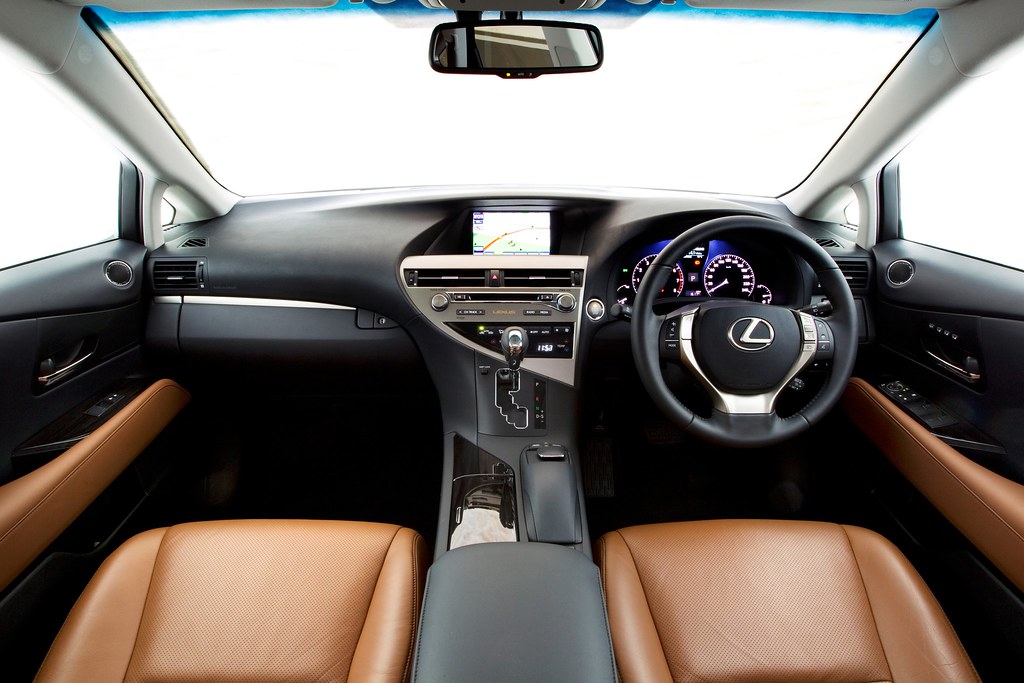
5. **Enhanced Safety Features and Consumer Confidence**Safety undeniably remains a paramount priority for the vast majority of car buyers, and compact SUVs have achieved significant advancements in this crucial domain. A key inherent advantage is their elevated seating position, which grants drivers superior visibility. This enhanced vantage point allows them to perceive further ahead on the road and, critically, react to potential hazards with greater swiftness and efficacy. This fundamental design element inherently contributes to a safer driving experience for both the occupant and the vehicle’s surroundings.
Furthermore, many compact SUVs are now comprehensively equipped with an array of advanced driver-assist technologies (ADAS) as either standard or optional features. These include sophisticated systems such as lane departure warnings, adaptive cruise control, and automatic emergency braking – functionalities that were once exclusively reserved for high-end luxury vehicles. Their widespread integration into compact SUV models makes these vehicles an exceptionally appealing choice for safety-conscious buyers who prioritize robust protective measures without requiring a premium price tag.
Beyond proactive safety features, compact SUVs are meticulously engineered with enhanced structural integrity, specifically designed to offer superior protection to passengers in the unfortunate event of a collision. Crash test ratings for numerous models within this segment have seen substantial improvements, a development that significantly bolsters consumer trust in their overall reliability and protective capabilities. Insurance companies, recognizing these significant safety enhancements, frequently translate them into lower insurance premiums when compared to larger SUVs or pickup trucks. As manufacturers maintain their unwavering commitment to prioritizing safety innovations, compact SUVs are poised to retain their formidable market stronghold by effectively appealing to families and individuals who place security at the forefront of their automotive purchasing decisions.
Read more about: 15 Vehicles Drivers Wish They Never Bought: An In-Depth Look at Buyer’s Remorse Magnets for Informed Consumers
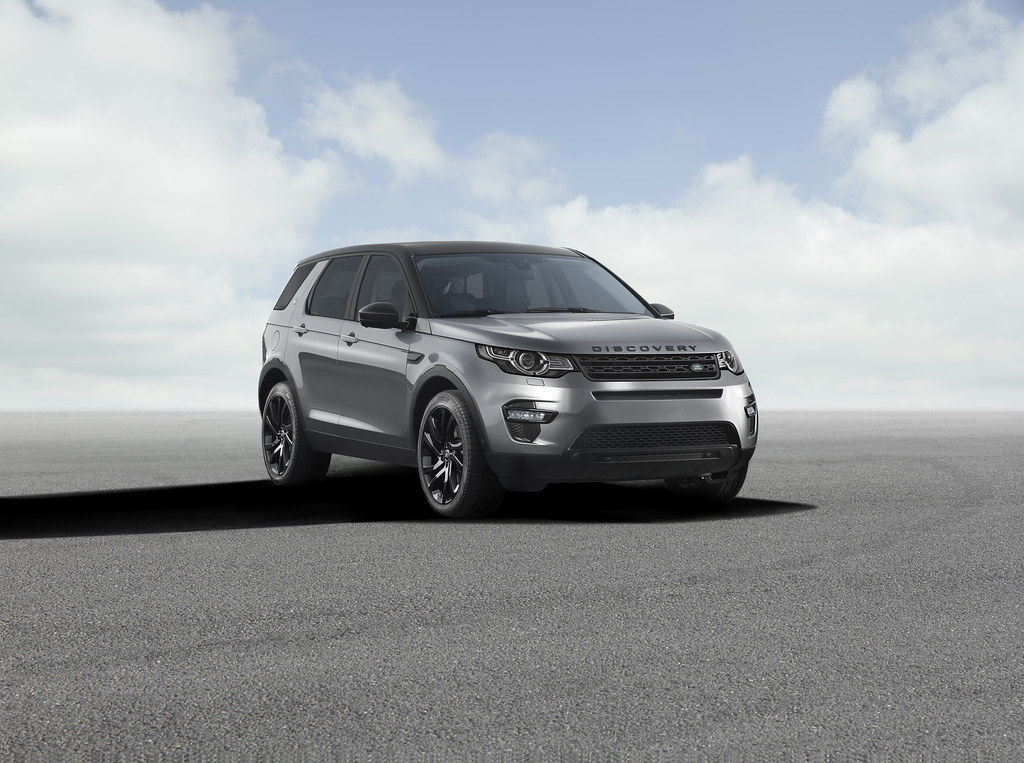
6. **Manufacturer Focus and Competitive Market Offerings**Automakers have keenly observed and responded to the escalating demand for compact SUVs, strategically reorienting their focus toward extensively expanding and continually improving their offerings within this highly lucrative segment. Virtually every major car brand now proudly includes at least one compact SUV in its diverse lineup, with some manufacturers going further by offering multiple models designed to cater to a broader spectrum of budgets and specific consumer needs. This pervasive industry shift underscores the segment’s critical importance to overall market strategy.
This heightened level of competition within the compact SUV market has served as a powerful catalyst for innovation. The intense rivalry among brands has directly spurred advancements across the board, leading to significant improvements in critical areas such as fuel efficiency, interior comfort, and the integration of cutting-edge technological features. Ultimately, this fierce competitive environment yields substantial benefits for consumers, providing them with a wider array of high-quality vehicles to choose from, all at increasingly competitive price points.
Moreover, the compact SUV market has emerged as a crucial proving ground for manufacturers to showcase their most cutting-edge technologies and sustainable solutions. Hybrid and electric versions of compact SUVs are becoming increasingly prevalent, clearly reflecting the industry’s broader pivot toward reducing carbon emissions and embracing greener mobility. Concurrently, automakers are diligently enhancing connectivity features, embedding sophisticated smartphone integration, intuitive voice commands, and highly advanced navigation systems into their models. With brands consistently refining and innovating their offerings to attract and retain buyers, compact SUVs are poised for continuous evolution, ensuring their enduring role as a dominant and transformative force within the automotive industry for the foreseeable future.
Read more about: Is a New TV Truly Worth It? Unpacking the Game-Changing Technologies Redefining Your Living Room
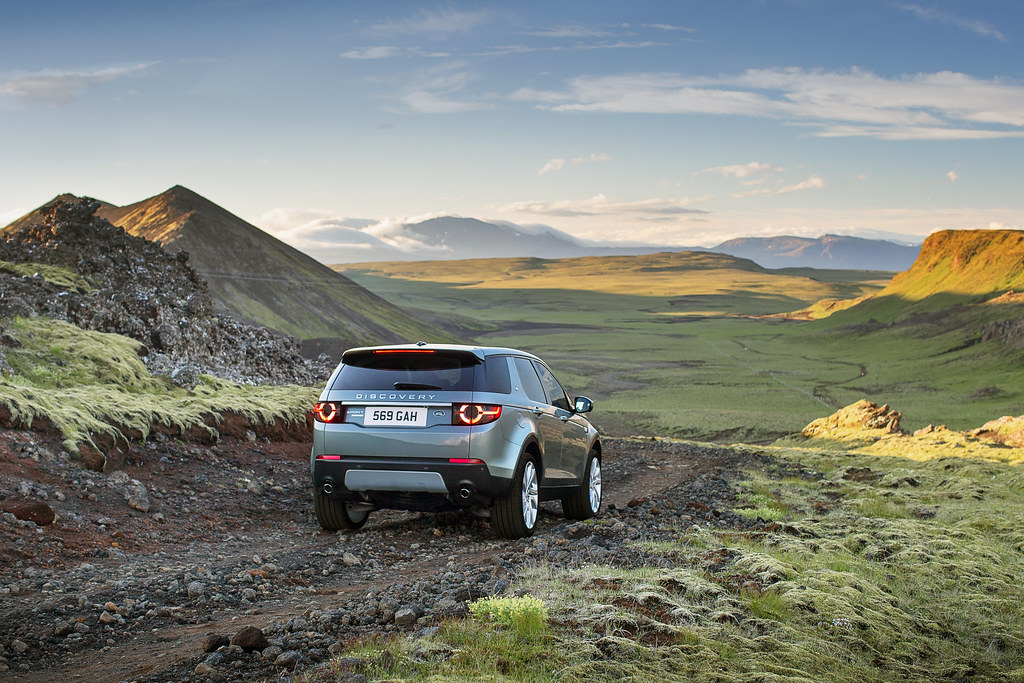
7. **The Future of Compact SUVs: What’s Next?**The trajectory of the compact SUV market shows no signs of decelerating, with forthcoming models poised to deliver even greater enhancements in efficiency, technological integration, and overall performance. Automakers are actively channeling investments into the development of lighter materials and more aerodynamic designs. These innovations are specifically engineered to boost fuel economy and refine the driving dynamics, ensuring a more responsive and efficient vehicle experience for consumers.
Anticipate a significant expansion in the array of hybrid and electric compact SUV options. The increasing consumer demand for eco-conscious choices is a powerful catalyst, driving manufacturers to offer a broader selection of environmentally friendly models. This will solidify the compact SUV’s appeal to buyers who prioritize sustainability without wanting to compromise on utility. As global regulations on emissions become increasingly stringent, continuous innovation in this segment will ensure these vehicles remain both a practical and sustainable option for the long haul.
Beyond just fuel efficiency, the next generation of compact SUVs is set to integrate even more advanced technology, fundamentally transforming the driving experience. We can expect features such as semi-autonomous driving systems, sophisticated AI-powered safety mechanisms, and vastly improved connectivity solutions to become more commonplace. Manufacturers are also meticulously exploring novel approaches to maximize interior space and comfort, all while diligently maintaining the compact dimensions and maneuverability that define these popular vehicles. With these relentless advancements and a steadfast consumer base, compact SUVs are poised to retain their formidable market presence, consistently setting new benchmarks for versatility and practicality in the automotive world.
8. **The Broader Market Shift to SUVs: A New Normal**The dominance of compact SUVs isn’t an isolated phenomenon; it’s a critical component of a much broader, seismic shift in the automotive market, where Sport Utility Vehicles have collectively seized the throne. Drivers have steadily moved away from traditional sedans and hatchbacks, gravitating towards larger, more commanding vehicles that promise superior visibility and expanded space. This evolution signifies a fundamental reorientation of American automotive preferences.
Several overarching factors underpin this widespread SUV popularity across all segments. Foremost is the increased space they offer, providing ample room for passengers and cargo, making them indispensable for families and road-trippers alike. Coupled with this is the higher driving position, which affords drivers a commanding view of the road, contributing to a sense of greater comfort and security. This inherent versatility, characterized by foldable seats, expansive cargo areas, and the potential for off-road capabilities, presents a flexibility that sedans often cannot match.
Interestingly, while larger vehicles like midsize SUVs and full-size trucks have seen their market share slip since 2022, the growth is concentrated in the compact and smaller segments. This highlights a nuanced trend: Americans still favor larger vehicles, but the definition of ‘compact’ has expanded. What was considered a midsize SUV 20 years ago now aligns with the dimensions of today’s compact offerings. Manufacturers are effectively building bigger cars across the board, so the preferred size now fits into the ‘compact’ classification.
Indeed, even with the enduring presence of America’s three best-selling domestic full-size pickups, the Toyota RAV4, a compact SUV, remarkably edged out the Ram 1500 in sales last year. This near-miss for the top three spots underscores the profound and enduring shift towards compact SUVs as the preferred vehicle for a substantial and growing segment of the American populace. It’s a clear signal that the compact SUV isn’t just popular; it’s increasingly becoming the default choice, representing a new normal in what American drivers truly want.

9. **Luxury and Customization in the Compact SUV Segment**The allure of SUVs extends beyond mere practicality and efficiency; it increasingly encompasses a growing variety of luxury and customization options that cater to diverse lifestyles and preferences. The broader SUV market, including its compact segment, now offers a spectrum of models ranging from rugged off-roaders to sophisticated, high-end vehicles. This broad appeal allows drivers to find a model that perfectly aligns with their personal tastes and functional requirements.
Within this evolving landscape, premium interiors have become a significant draw. Features like supple leather seats, subtle ambient lighting, and state-of-the-art advanced infotainment systems transform the driving environment into a more refined and enjoyable experience. These amenities elevate the compact SUV from a purely utilitarian vehicle to one that offers a touch of upscale comfort. Furthermore, the integration of advanced technology, such as expansive panoramic sunroofs and comprehensive surround-view cameras, provides not only convenience but also an enhanced sense of luxury and control.
Customizable configurations are also a key factor in their growing appeal. Many compact SUVs now offer flexible seating and cargo arrangements, enabling drivers to personalize their vehicle’s interior for optimal comfort and functionality, whether for daily commutes or extended journeys. This level of adaptability ensures that the vehicle can seamlessly meet various demands. The ability to integrate these once-exclusive luxury features and customization options into the more accessible compact SUV segment plays a crucial role in attracting buyers who seek both robust utility and elevated comfort in a single, cohesive package.
Read more about: Remember These Rides? 10 Cars That Went From Cool to Cringe Fast and Why They Faded
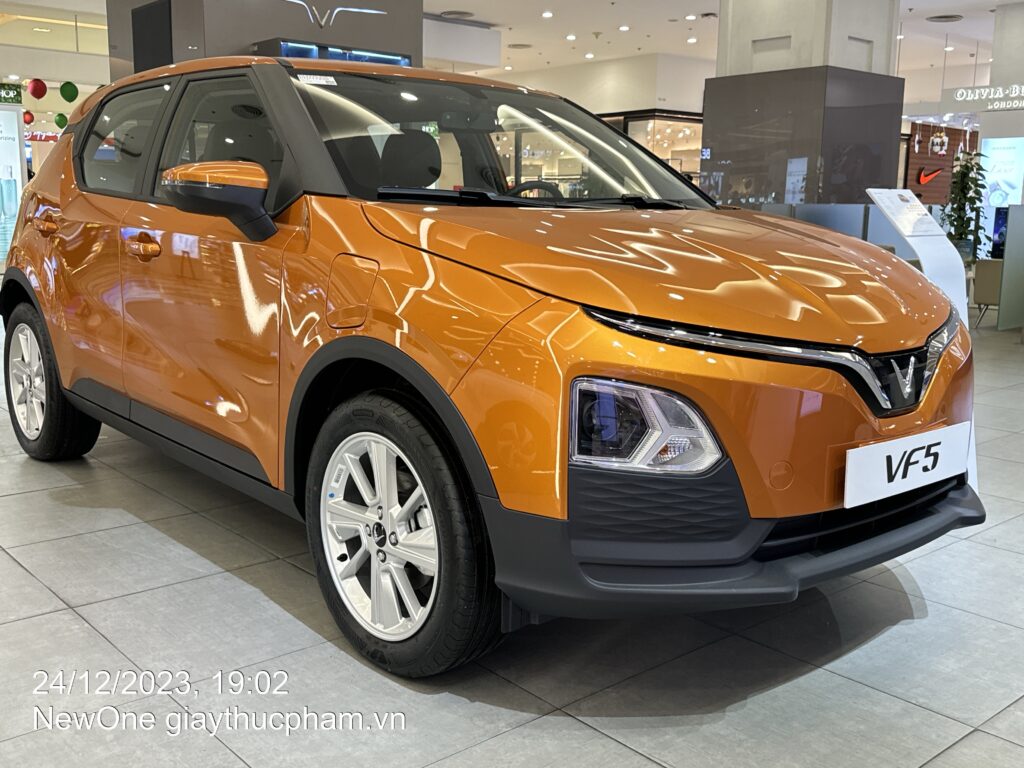
10. **The Ascendance of Electric Compact SUVs**In alignment with the global imperative toward sustainability, electric SUVs have experienced a significant surge in popularity, marking a pivotal moment in the automotive industry’s evolution. Major automakers like Tesla, Ford, and Rivian have decisively entered the electric SUV market, presenting eco-friendly models that resonate powerfully with both environmentally conscious drivers and those eager to embrace the very latest technological advancements. This segment is rapidly becoming a cornerstone of future mobility.
The benefits offered by electric SUVs are compelling and multifaceted. Foremost among them is the promise of zero emissions, which substantially reduces the environmental impact of driving by completely eliminating tailpipe pollutants. This ecological advantage aligns perfectly with a growing consumer desire for greener transportation options. Additionally, electric vehicles generally boast lower operating costs, primarily due to reduced fuel expenses and often less intensive maintenance requirements compared to their traditional gas-powered counterparts, offering tangible long-term savings to owners.
Significant improvements in battery technology have dramatically extended the driving range of electric SUVs, effectively mitigating range anxiety and making them a far more practical choice for long-distance travel. This enhanced capability means drivers can enjoy the versatility and space of an SUV without constant concerns about recharging. Such technological leaps are instrumental in normalizing electric vehicles and integrating them seamlessly into everyday life.
Ultimately, electric compact SUVs brilliantly combine the intrinsic advantages of a traditional SUV—namely, ample space, robust safety features, and versatile functionality—with the undeniable environmental and economic benefits of electric propulsion. This powerful combination positions them as an exceptionally appealing option for modern drivers, setting a new standard for what a practical, sustainable, and technologically advanced vehicle can be in today’s evolving market.

11. **Economic and Regulatory Underpinnings of SUV Dominance**Beyond consumer preferences and technological advancements, the pervasive dominance of SUVs in the American market is also significantly influenced by underlying economic incentives and governmental regulations. These less obvious factors have played a crucial role in shaping the automotive landscape, creating conditions that favor the production and sale of larger vehicles, including compact SUVs.
A key driver is the Corporate Average Fuel Economy (CAFE) standards, introduced in the 1970s to incentivize automakers to build more efficient vehicles. However, these standards feature a critical distinction: different mileage targets are set for “passenger vehicles” versus “light trucks.” Historically, “light trucks” have faced much more lenient targets. Crucially, the government’s definition allows virtually any vehicle larger than a sedan to qualify as a “light truck.” This regulatory loophole has inadvertently made it easier and more financially attractive for automakers to produce more SUVs and crossovers as fuel economy standards have become progressively stricter, rather than focusing solely on more efficient sedans.
Furthermore, the sheer profitability of SUVs and crossovers for manufacturers cannot be overstated. With the rising demand for bigger vehicles, dealers are able to command higher prices for what are, in many cases, essentially larger, lifted versions of more economical cars in their lineup. The underlying technology and platforms for many modern crossovers are often shared with traditional sedans, meaning the additional manufacturing cost for features like increased ground clearance or all-wheel drive is relatively minimal. This allows automakers to charge a premium without a proportionally higher production expense, significantly boosting profit margins.
This synergy of regulatory incentives encouraging larger vehicle production and the substantial profitability derived from meeting heightened consumer demand has created a powerful economic feedback loop. It cements the SUV’s market position, reinforcing why manufacturers continue to prioritize these vehicles in their development and sales strategies. These economic and regulatory factors are foundational to understanding the sustained and growing dominance of compact SUVs and their larger counterparts.

12. **Beyond the Pavement: Adventure and Utility Appeal**For a significant segment of buyers, the compelling appeal of an SUV, even a compact one, lies in its perceived or actual off-road capabilities and the adventurous lifestyle it suggests. While not every driver will venture far off the beaten path, the promise of a vehicle that can handle rugged terrain and weekend escapades is a potent psychological draw. This ‘adventure appeal’ taps into a desire for freedom, exploration, and versatility that aligns with active modern lifestyles.
Vehicles that incorporate robust off-road features, such as four-wheel drive (4WD) for enhanced traction and control on uneven surfaces, increased ground clearance to navigate rough roads without damaging the undercarriage, and specialized all-terrain tires to improve handling on diverse surfaces from gravel to mud, clearly stand out. Even in compact SUVs, the availability of these attributes, whether standard or optional, empowers owners with the confidence to tackle various environments, from snowy commutes to unpaved campsites.
This blend of capability and practicality extends far beyond just hardcore off-roading. It translates into an enhanced sense of utility for everyday life and weekend excursions. The ability to load up gear for camping trips, transport bikes for hiking adventures, or simply navigate adverse weather conditions with greater assurance becomes a key selling point. Compact SUVs are seen as versatile companions for those who value outdoor activities and seek a vehicle that effortlessly supports their dynamic routines and spontaneous plans.
Therefore, even if serious off-roading isn’t a daily pursuit, the inherent adventure appeal and perceived utility of compact SUVs make them highly attractive. This robust image of capability and freedom, combined with their practical advantages, further solidifies their prominent position in the market. It resonates deeply with consumers looking for a vehicle that can confidently take them, and their gear, wherever life’s adventures may lead.
Compact SUVs have not just carved out a niche; they have fundamentally reshaped the American automotive market, offering an almost perfect synthesis of efficiency, versatile functionality, and contemporary features. Their remarkable capacity to cater to a broad spectrum of drivers, from urban commuters to adventurous families, has unequivocally cemented their status as a top choice for consumers nationwide. As automakers persist in refining designs, embracing sustainable solutions, and introducing even more advanced technology, compact SUVs are only destined to become more compelling and indispensable.
Whether the need is for nimble city driving, comfortable family travel, or embarking on exciting outdoor adventures, these vehicles consistently provide a practical and intelligent solution, all without the unnecessary bulk associated with larger counterparts. With an unwavering commitment to innovation and an ever-growing consumer demand, compact SUVs are poised to remain a dominant and transformative force within the automotive industry for many years to come, truly making this boom just the beginning.

